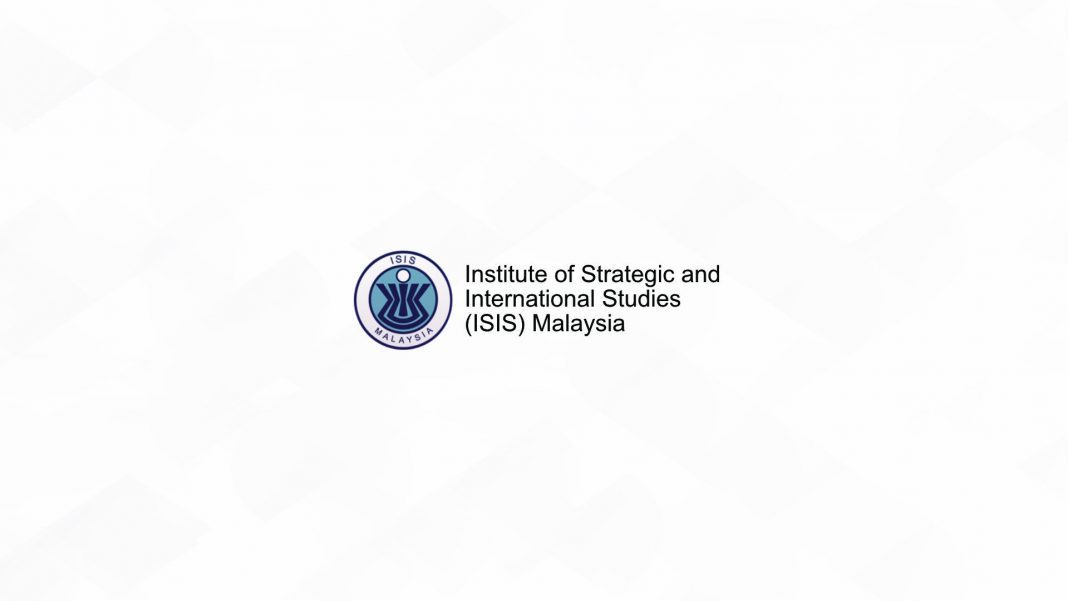BY most measures, democracy is thriving in Malaysia. Nonetheless, triumphs in voter turnout and youth suffrage notwithstanding, it is important to remember that democratic participation does not end at the ballot box once every four or five years.
It goes beyond that, and it needs to be emphasised that everyone has a day-to-day stake in policymaking, not just those in Putrajaya, and definitely not multinational consultancy firms with half-baked solutions.
Towards that end, the electorate needs to be better involved in policymaking to allow them a deeper understanding of how and why policies are made. It is only with this foundation that people can build reasoned judgments about their choice of policies.
From this position, the electorate can discuss, debate, and deliberate about how society should chart its path forward and the most appropriate course of action. Doing this is urgent.
We are quickly coming to an inflection point with challenges such as rapid technological changes, climate crisis and an increasingly contentious global environment that threaten to upend our societies. Luckily, these disruptive forces have yet to make themselves felt. This allows us a small window of opportunity to have informed conversations about the future that we want.
Historical experience shows us that in times of uncertainty, turmoil follows, giving rise to “strongmen” politicians. By tapping into the latent fears of the time, they are able to promise certainty and stability through silver bullet policies built on nothing more than rhetoric.
As is usually the case, the price to pay for this would be for the electorate to trade in their democratic and political freedoms.
The first step here would be to consciously invest in creating an environment that prioritises and values responsible deliberations.
While there is a role for all, stakeholders, politicians and policymakers must set the standard for responsible and informed conversations on public policy.
The second step is to upgrade the level of national discourse pertaining to public policy beyond mere banalities. We must move beyond policy conversations centred around buzzwords.
Buzzword-centric conversations tend to obfuscate the underlying nuances and complexities behind the subject matter, and overshadow important issues behind the rhetoric.
One example is the conversations on policies today: the Fourth Industrial Revolution.
Rhetorics about “getting ready for IR4.0” often oversimplify its true impact, painting the future of technology as a singular concept that will have a singular homogeneous impact on society and the economy.
In turn, critical conversations on tough and thorny issues
beyond the buzzwords are often neglected, including the balance between personal data privacy at a time of big data analytics, the ethics behind the usage of artificial intelligence in daily life, the fine line between surveillance for crime prevention and spying in the mushrooming smart cities, and the pros and cons of encrypted communication channels.
The third would be to improve the quality of conversations we are having. For one, discourse around policy needs to move away from well-worn myths like the inherent laziness and backwardness of certain ethnic or income groups. The longer myths like these occupy the minds of our policymakers and hog public discourse, the longer the country will continue to misdiagnose its problems.
Yet, the quality of conversations can only go as far as the availability of information.
Here, policymakers and politicians need to be more transparent and improve the availability and accessibility of data. More open data not only helps in increasing public oversight of governments, reducing corruption and improving accountability, but it also allows the public to engage more with the government and contribute to the improvement of public services.
There needs to be bravery in challenging the old ways of doing things with bolder ideas to tackle the uncertain future. As we step into the next decade, the effects of these lost conversations will begin to be felt. But as the clock ticks, one can only hope that democracy in this country moves beyond the ballot box.
This article first appeared in the New Straits Times on December 18, 2019





